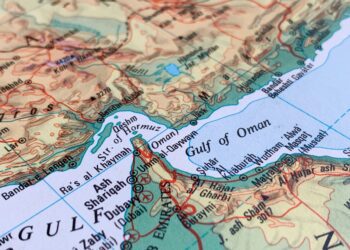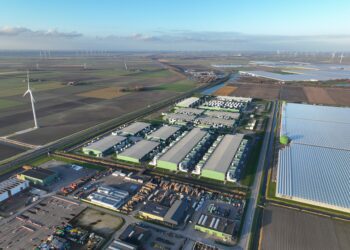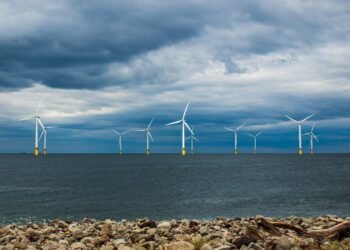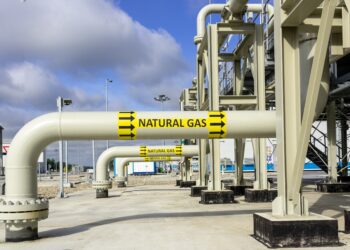In the 1980s, many smallholder farmers in Viet Nam switched their primary crop from tea to coffee, seeking higher profitability. One of them was a young man named Trinh Tan Vinh.
Like many of his neighbours, Vinh soon embraced intensive coffee monoculture, spraying chemicals up to eight times a year to control pest-induced crop loss. Of course, this approach also eliminated beneficial predators, such as spiders and ladybugs, thereby creating a vicious cycle of more frequent pesticide application.
Soil health and fertility soon declined, as did the family’s health and Vinh found himself investing even more in agricultural inputs to keep his farm afloat.
Today, farm expansion in the form of monocultures dominates not only the coffee sector in Viet Nam, but the agriculture industry as a whole. Agriculture accounts for nearly 70% of freshwater withdrawals and is considered a significant contributor to water scarcity in many regions.
The loss, fragmentation and degradation of natural habitats caused by agricultural expansion is the main driver of biodiversity loss, with agricultural expansion being the primary threat to nine out of 10 endangered species.
Moreover, one in five hectares of the world’s farmland is currently considered degraded, resulting in lower crop yields and reduced incomes.
As a result, the livelihoods of millions of farmers are at risk and climate change is only exacerbating the problem. Those most affected are the weakest actors in global food supply chains: smallholder farmers, who produce significantly for the world’s food supply but in many cases, do not earn a living income.
Global agriculture is nearing a tipping point. The food we eat, the coffee and tea we drink, and the farmers who produce it all hang in the balance.
Regenerative agriculture can play a crucial role in enhancing climate resilience and restoring ecosystems, while also ensuring long-term financial stability for farmers.
While “regenerative agriculture” remains vaguely defined in some contexts, the Rainforest Alliance’s definition is rooted in clear principles and science-based practices built upon nearly four decades of agroecology and holistic ecosystem management.
That means improving soil health and fertility, supporting clean water, storing carbon and maintaining healthy ecosystems – all of which ultimately lead to more resilient agricultural communities.
Read the full article by Juliana Jaramillo / World Economic Forum












